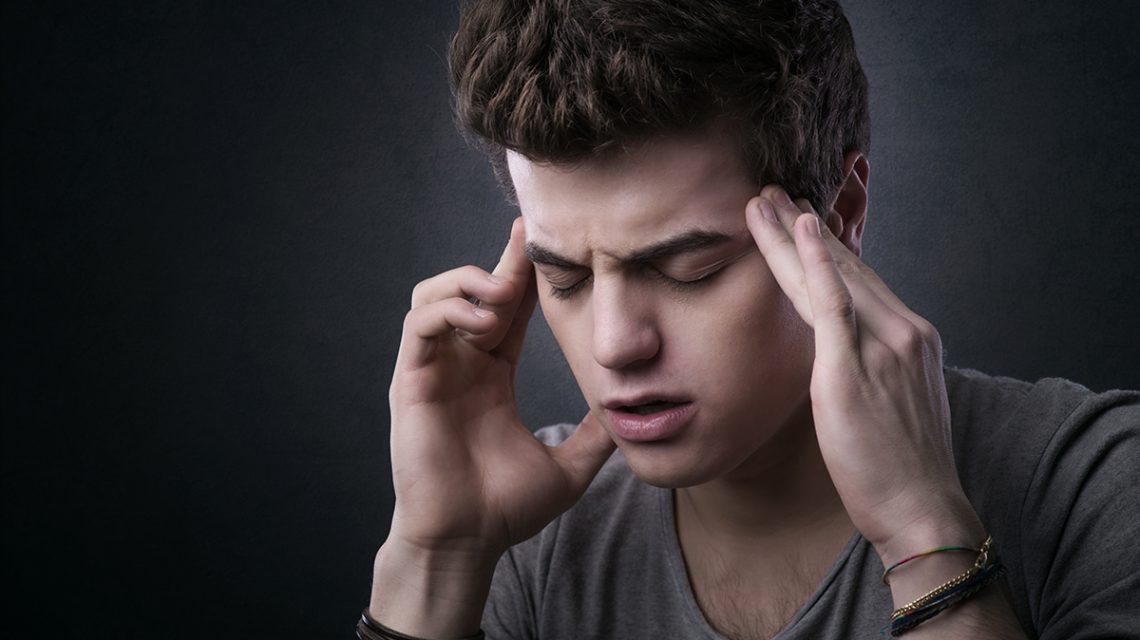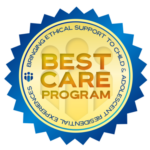Psychosis is a mental health symptom that changes the way the brain interprets information. This condition can cause visual, auditory or sensory hallucinations or make people believe delusional, irrational things. Because these phenomena can be terrifying, people experiencing psychotic breaks may hurt themselves or others.
While people living with mental illnesses like schizophrenia suffer from psychotic breaks, psychosis can also result from issues like trauma and substance abuse. As a parent, what should you know about drug-induced psychosis?
Drug-Induced Psychosis in Teens
Any substance that affects brain function and chemistry can trigger a psychotic episode, especially in higher doses. Teens can also experience drug-induced psychosis if they combine different substances, such as alcohol and marijuana.
Illicit drugs are not the only danger here. Some prescription medications may cause psychosis symptoms, including antidepressants, muscle relaxers and blood pressure medications. If you take any of these according to your doctor’s orders, be careful to keep them locked away to prevent your teen from getting his hands on them.
While drug-induced psychosis is frightening, it typically only lasts until the substance has fully cleared the brain and body, which means symptom severity might increase correspondingly if an adolescent experiments with higher doses.
Marijuana and Psychosis
Marijuana is the most frequently used drug in the U.S. among teenagers and adults alike. While widespread efforts to legalize pot for medicinal and recreational purposes have fostered a public perception that marijuana isn’t dangerous, some researchers have discovered a connection between frequent pot use and a correspondingly higher risk of drug-induced psychosis, especially for people with a genetic predisposition to developing conditions like schizophrenia.
One report published in The Lancet Psychiatry shows daily marijuana use, especially high-potency strains, increases the odds of having a psychotic episode later in life. Another long-term study by the National Academies of Sciences, Engineering and Medicine also raised the alarm about adolescent pot use.
However, this issue is somewhat of a double-edged sword, because young people who are more vulnerable to psychotic illnesses may start using marijuana to self-medicate their symptoms. Many teens have likely heard that smoking or vaping marijuana or eating pot-infused candies or baked goods can help them relax, and they might be curious about its effects. Unfortunately, high-THC cannabis products are becoming much easier to obtain, and those may have the opposite result by triggering a psychotic break.
Teen Substance Abuse Treatment
In many cases, substance use disorders and mental health issues develop alongside each other, increasing in severity as time goes by. Instead of trying to address these challenges separately, a comprehensive treatment plan can provide a more stable foundation for long-term recovery.
At ARCH Academy, our programming includes a mix of academics and adventure, blended with a 12-step approach to achieving lifelong sobriety. Because addiction is a family disease, we also offer family programming to heal damaged relationships and help everyone move forward together. Our mental health treatment experts are proud to educate the Middle Tennessee community about substance abuse prevention with early intervention and outreach.
To discover what makes our Tennessee center for adolescent boys different, please contact us when you are ready to learn more.




